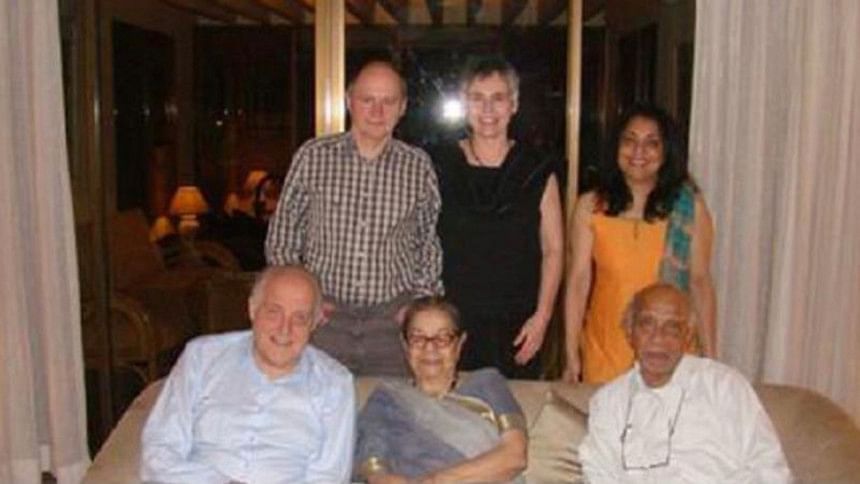Sultana Zaman’s legacy to educate special children

I have so many fond memories of Sultana (Professor Emeritus Sultana Sarwatara Zaman) who passed away on March 22, 2020, that it is hard to put them in order. I think we first met in Dublin in 1988 at the Congress of the International Association for the Scientific Study of Mental Deficiency (as it was then known). Her daughter, Naila Khan, had put us in touch. Conversation with Sultana was like being caught up in a whirlwind; she was so full of ideas, and had just asked, "What do you think?", when she was on to the next idea before I could work out my thoughts. Which is not to say that she did not listen—not at all—she would later come back to the conversation and come up with a more developed version of the idea.
My first visit to Bangladesh was in 1993, to visit the newly established Child Development Centre at Dhaka Shishu Hospital and to explore possibilities for an ongoing training and research relationship with the Neuro-disability Service at Great Ormond Street Hospital, London. I visited several projects of the Bangladesh Protibondhi Foundation (BPF) founded by Sultana—a special integrated school, assessment clinic, slum school. Established in 1984, it was a not for profit organisation with the aim of providing opportunities and inclusive education to children with intellectual disabilities. All the projects were fascinating and established in a thorough and evidence-based way—the quality of work was obviously because of Sultana's meticulous attention to detail and her inspiring leadership.
She was constantly searching, communicating with people around the world, to find out what new ideas had support (and which did not) and how to bring good practices to Bangladesh and adapt it. The BPF adopted community-based rehabilitation methods early on—our first research project together was an evaluation of the effectiveness of picture-based methods of training parents in handling their children who had cerebral palsy. Similarly, Sultana was aware of the additional poverty that affects families of disabled children, and BPF introduced micro-loans to help families develop income-generation. BPF became a pioneer in introducing state of the art testing, screening and procedures for early diagnosis and prevention of intellectual disabilities in children.
In 1993 she founded the Department of Special Education at the Institute of Education and Research (IER) Dhaka University to develop the teachers required for special education. This was an invaluable contribution of Sultana's and it continues to train hundreds of young people to join this profession and expand knowledge on this field through research work.
In all my visits to Bangladesh, I looked forward to seeing Sultana for her warmth, and vivacity. And even in her last years, when her faculties were much reduced, I was honoured that she remembered me. Her energy, determination, intelligence, leadership, courage and warmth are an enduring inspiration.
Helen McConachie is a Professor at Newcastle University, UK.

 For all latest news, follow The Daily Star's Google News channel.
For all latest news, follow The Daily Star's Google News channel. 



Comments